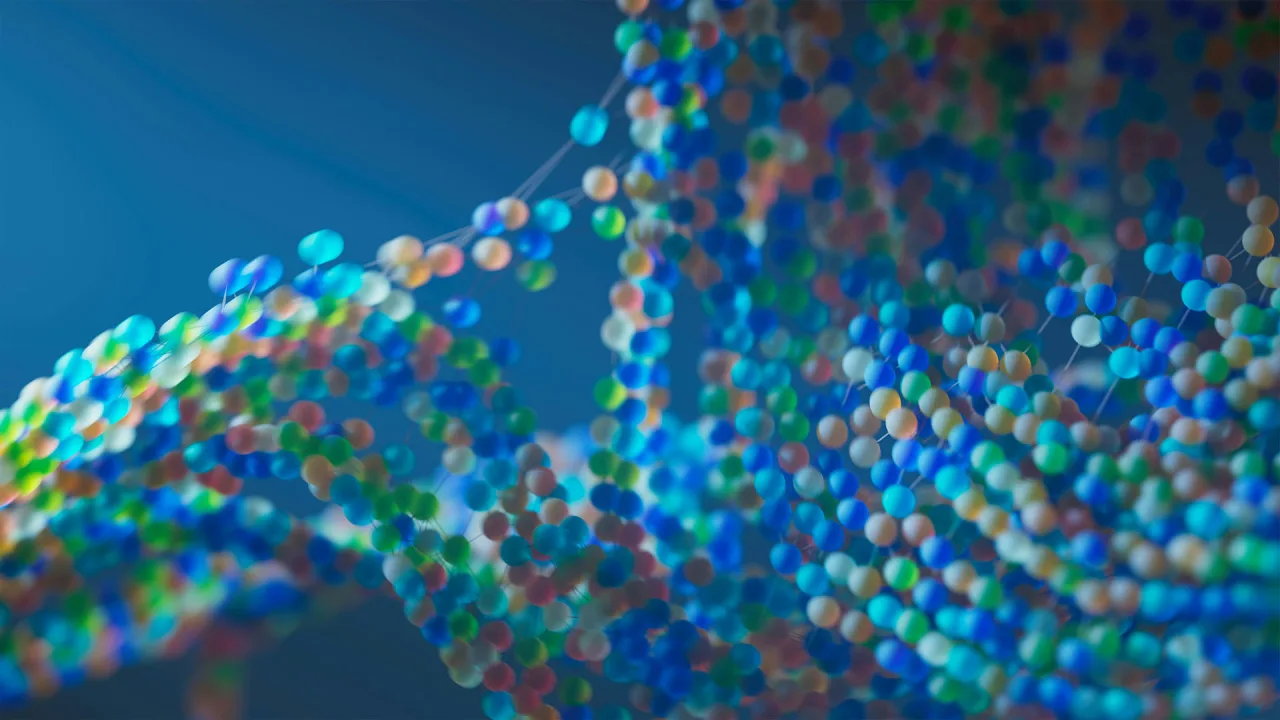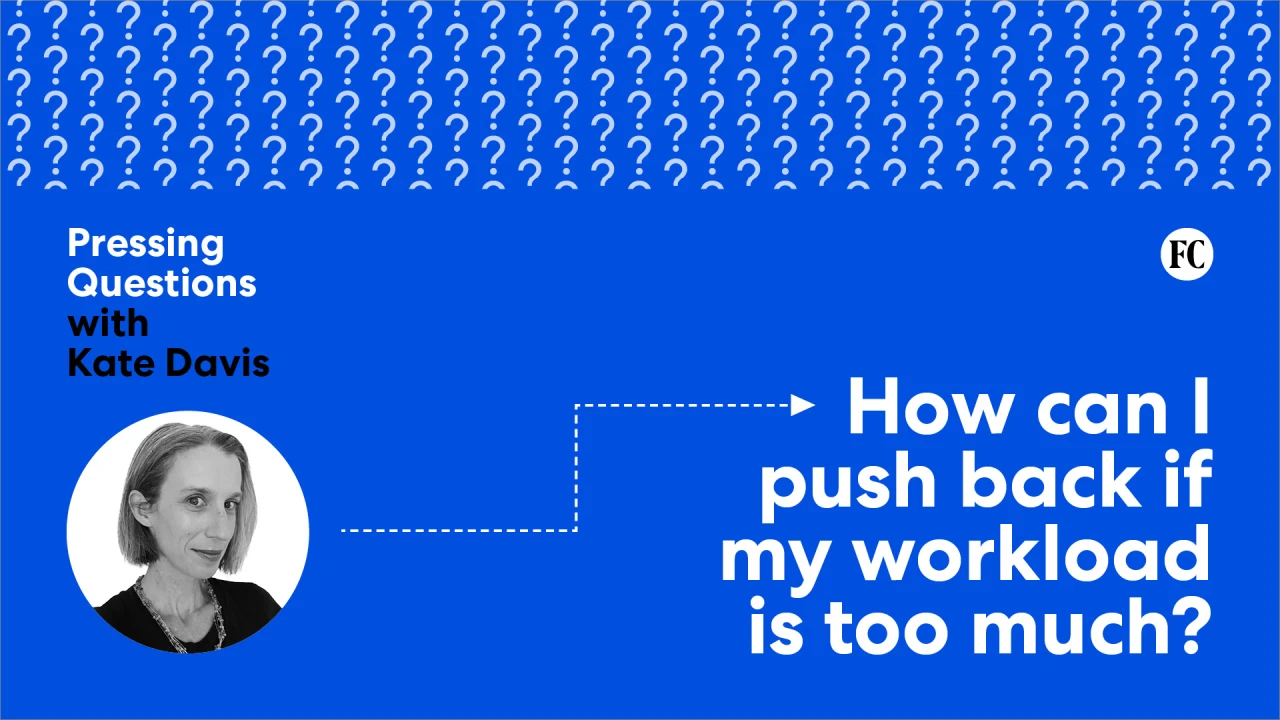Google’s AI drug company says human trials are ‘very close’

Isomorphic Labs, the AI-powered drug company spun out of Google’s DeepMind, just announced that it’s “getting ready” to begin human clinical trials of drugs designed by AI.
In an interview with Fortune on July 6, Colin Murdoch, Isomorphic Labs’ president and Google DeepMind’s chief business officer, shared that the company is currently gearing up to start human trials. This milestone will mark the first time that Google DeepMind’s breakthrough AI drug discovery system, AlphaFold3, will be put into practice on actual patients.
The news comes as tech companies and research institutions are rolling out new applications for AI in medicine at a frantic pace. Early this month, Microsoft released a report claiming that its new AI Diagnostic Orchestrator is around four times more accurate than a human physician when it comes to diagnosing complex issues. On the same day, researchers at Northwestern Medicine published a study on a new AI-powered device that may revolutionize cancer screening.
Now, here’s what to know about Isomorphic Labs’ next major step in AI-powered drug development:
What is Isomorphic Labs?
Isomorphic Labs is a London-based drug developer that’s owned and operated by Alphabet Inc. The company was founded in 2021 as an offshoot from DeepMind, Google’s multidisciplinary AI research arm. In multiple interviews, Isomorphic Labs executives have explained the company’s intimidating goal: to eventually “solve all diseases” using AI.
“This isn’t about developing therapeutics for a particular indication or a particular target,” Max Jaderberg, chief AI officer at Isomorphic Labs, explained in an interview this April. “It’s really thinking about, how do we create a really general drug design engine with AI—something that we can apply to not just a single target, or even a single modality, but we can apply this again and again across any different disease area?”
What is AlphaFold AI?
The key unlock driving Isomorphic Labs’ expansive goal is its trailblazing AlphaFold AI system, a discovery that earned a Nobel Prize in chemistry last October. The most recent iteration of the technology, AlphaFold3, can predict proteins’ complex structures, as well as modeling how certain proteins might interact with other molecules, like DNA and drugs. These insights can essentially give researchers a supercharged headstart on drug development.
DeepMind CEO Demis Hassabis explained the tech in a conference call last May: “You imagine that AlphaFold gives you the structure of a protein you’re interested in, in a particular disease, let’s say, and with these new capabilities we can now design a compound or ligand (a ‘chemical messenger‘) that will bind to a specific place . . . on the surface of the protein, once you understand the structure of it, and we can predict how strong the binding affinity will be,” Hassabis said. “It’s a critical step if you want to design drugs.”
Currently, AlphaFold serves as an AI-powered first step in drug development. After the AlphaFold3 system models a potential interaction, researchers then need to use other AI models to predict factors like toxicity and interactions with other drugs. Then, to actually commercialize a new drug, it needs to be tested in wet lab experiments, followed by human clinical trials.
What’s happening now?
Now, that human clinical trial step is finally in sight. According to Murdoch, Isomorphic Labs’ team is currently “collaborating with AI to design drugs for cancer,” and is already “staffing up” for its first human clinical trials.
“One day we hope to be able to say—well, here’s a disease, and then click a button and out pops the design for a drug to address that disease, all powered by these amazing AI tools,” Murdoch told Fortune.
Isomorphic Labs did not immediately respond to Fast Company’s request for comment on what form of cancer its first trial drugs will be designed to target.
What's Your Reaction?
 Like
0
Like
0
 Dislike
0
Dislike
0
 Love
0
Love
0
 Funny
0
Funny
0
 Angry
0
Angry
0
 Sad
0
Sad
0
 Wow
0
Wow
0

















.jpeg?width=1200&auto=webp&trim=0,100,0,100#)




































![Big Brother Recap: Rachel’s HOH Sends [Spoiler] Packing](https://tvline.com/wp-content/uploads/2025/08/big-brother-live-eviction-week-6.png?#)







































